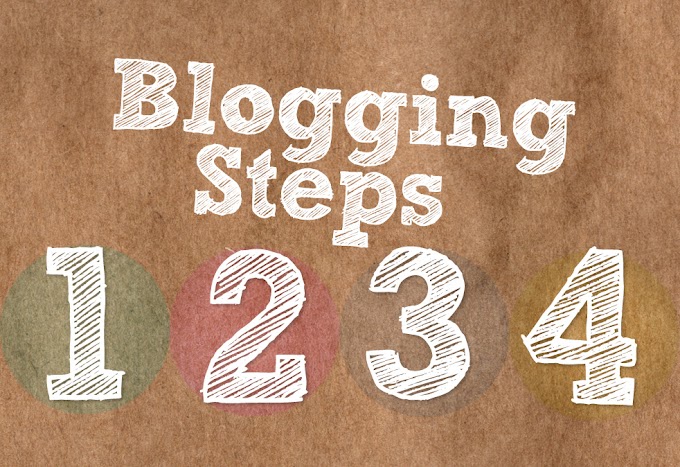Commencing a Salmon Fish Farm – Sample Business Plan Template
Do you want to begin a salmon fish farming business from scratch? Or do you need a sample business plan template? If the answer is YES, then I advise you to read on.
A fish farming business is one of the companies a trained entrepreneur can quickly start and generate enormous returns on his or her investment within the first business cycle just because of the demand for fish. Fish is a source of food protein for both humans and animals.
As a circumstance, fish are found and consumed in all parts of the world, so it is one business that can flourish in any location you decide to start the business. It is not limited to a geographical region.
There are loads of fish farms, especially those farming catfish, et al., so if you want to start your own fish farm, starting a salmon fish farming business will be more profitable. One good thing about salmon fish is that they can live in fresh and salt water.
Salmon belongs to the family of Salmonidae. It is an oily fish and a significant source of fish proteins, vitamin D, and omega-3 fatty acids. An average Salmon fish has a lifespan of three to eight years, and it can grow massive (20 inches to 5 feet and 4 to 110 pounds), hence the nickname "super–fish."
The fact that salmon thrives in fresh and saltwater makes it easier to choose how you intend to raise your salmon fish. No doubt, starting a salmon fish farm requires much work, but it is indeed an enriching business adventure.
Now let us consider some of the trails you would need to follow if you are interested in commencing your own salmon fish farming business;
8 Steps To Become a Salmon Fish Farm
Step 1. Conduct Your Feasibility Studies
You stand to gain lots when you engage in feasibility studies before starting a new business. No doubt, a feasibility study provides you with the information that you need to make an informed decision. Some of the questions that your probability studies will answer are the total cost of setting up a commercial salmon fish farm business, the profit projection, and the likely challenges you are expected to face in the market.
Once you are equipped with this knowledge, it is easier for you to make adequate plans for handling the business. In fact, some folk call it quits or revert to the drawing board once they realize that they are not well equipped to engage in such business when the result of their probability studies is staring them in the eyes.
Step 2. Get Training.
It is easier to do well in a company that you invest your time and money in mastering than employing a trial-and-error strategy. So, if you are serious about beginning your own salmon fish farm, you must enroll in an aquaculture/fishery school to get taught how to raise salmon fish.
You can also get the internet to research salmon fish and their proper habitat. What they feed on and their feeding guide, their majority and lifecycle, how to hatch their eggs, how to handle the recently hatched salmons (alevin or sac fry), and other key factors that will place you in a position sufficient to run a salmon fish farm.
Step 3. Write Your Business Plan
It is essential to write a business plan, especially if your purpose in starting your salmon fish farming business is to obtain good profits and continue to grow and expand the business.
The precision is that any business with a good business plan in place before the company was started tends to do pretty well compared to an industry that is being operated without a business plan. Ensure that you have your fish farming business plan before commencing your own salmon fish farming; it will benefit you.
Step 4. Acquire Your Farm Land
Good enough, farmlands are not expensive in most parts of the world. If you are required to enter the commercial salmon fish farming business, you are expected to acquire a farm in an area zoned for such business activities. In a well-planned city/town, you won’t be permitted to set up a fish pond in a residential area for obvious reasons.
Step 5. Setup Your Fish Hatchery and Ponds
Once you have secured farmland for your salmon fish farming business, the next step is to ensure that you design and install ponds for your salmon's growth stages and also to create and establish your fish hatchery.
A female salmon fish lays about 5000 eggs per nest, and if not well managed, a large chunk of the eggs will be wasted. That is why installing your own fish hatchery is essential if you want to maximize profits.
Step 6. Hire Staff.
You would need hands to help you advance your salmon fish farm. You need more unskilled labor, so your budget for salary payments will be low.
Step 7. Harvest and Sell Your Salmon Fish.
The next port of visit is to harvest your salmon fish and start selling them. Many people desire to buy your harvest, and you can be sure to make a significant profit when you follow the guide.
Step 8. Tell People about Your Business
This step is significant, as there is a lot to gain when you tell plenty of people about your business. In this case, the grand old word-of-mouth advert would go a long way in encouraging this thrive. Let them know when your harvest begins so that they can come in time to make their purchases.












0 Comments